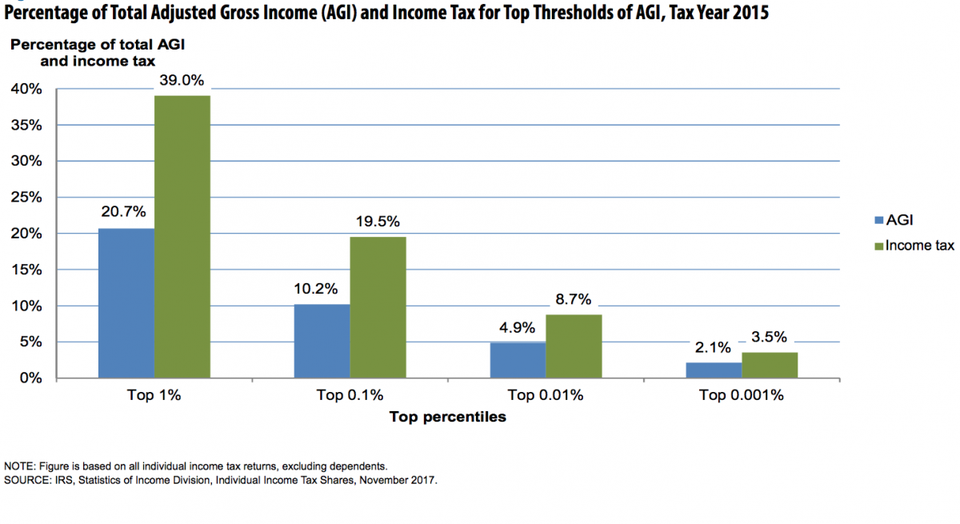After five years of consistent fulmination from the media, the New York Times finally nabbed President Trump’s tax returns spanning nearly two decades. Trump, worth roughly $2.5 billion according to Forbes, reportedly paid $750 in federal income taxes in each of his first two years in the White House and zero dollars in 10 of the 15 years prior.
The media and Democrats are rightly incensed but for all the wrong reasons. Sure, there are some shady dealings detailed in the filings, such as “consulting fees” to his daughter Ivanka that could constitute legitimate tax evasion. But for the most part, it looks like (just as every wealthy person does) Trump used perfectly legal means to avoid paying more income taxes than absolutely necessary.
Some of those means, such as write-offs for business expenses and bad debt deductions, are logical and fair on principle. But the true takeaway isn’t about Trump, who we already know was a bad businessman reimagined as a genius by CNN boss Jeff Zucker, but rather about our current “progressive” system, the complexity of which opens opportunities for exploitation for the uber-wealthy while punishing the rest of us.
For decades, Republicans have rallied for tax reform. The party has succeeded in issuing some crucial tax cuts, such as to bring our corporate tax rate to the developed world’s average, and one vital anti-plutocratic reform in the $10,000 SALT deduction cap. But former House Speaker Paul Ryan’s promise to make filing taxes so simple that you can do so on a single postcard has not come remotely close to manifesting itself in reality, and millions of people are stuck paying accountants to figure out how to best pay their taxes while online tax-prep companies like Turbo Tax continue to successfully lobby the government to make tax filing hard and tax filing assistance expensive.
The money required to get dozens of accountants to manipulate your tax bill to zero is a simple drop in the bucket for the Donald Trumps of the world. But for the rest of the top half of all earners who pay 97% of all income tax revenue, they simply don’t have the resources to funnel their funds into totally legal tax havens like the Clinton Foundation or avoid gift taxes by giving their children bogus consulting fees. While technical members of the 1% like doctors and lawyers and small business owners spend what could constitute half a paycheck to just figure out how not to get utterly screwed by their tax burdens (which easily tick up to half of their total income in states like California when including local taxes) the 1% of the 1% can just buy specialists to use legal stipulations to pay nothing. This is why the aggregate 1%, which begins with an annual household income in the low six-figures, can give two out of every $5 earned each year to the federal government, while the 0.001% pays just a handful of percentage points of their incomes.

The problem is that the purely pragmatic incentives of politicians mean that there’s little to no appetite in Washington to institute actual tax reform, rather than cuts. Andrew Yang ran for president partially on the platform of a VAT tax, which could incentivize saving and investment and presents none of the complications of our current system, and Kentucky Sen. Rand Paul has called for undoing our broken system entirely and replacing it with a flat income tax. But most of Washington has lobbyists to answer to and favors to grant constituents — hence you have the party of “Eat the Rich” wishing to restore a tax break for the wealthy by removing the SALT deduction cap, and Republican senators fighting until the end to keep the corporate tax rate up.
People are right to be angry that a billionaire like Trump can pay nothing in taxes, but the villain isn’t the president. It’s our broken system.
